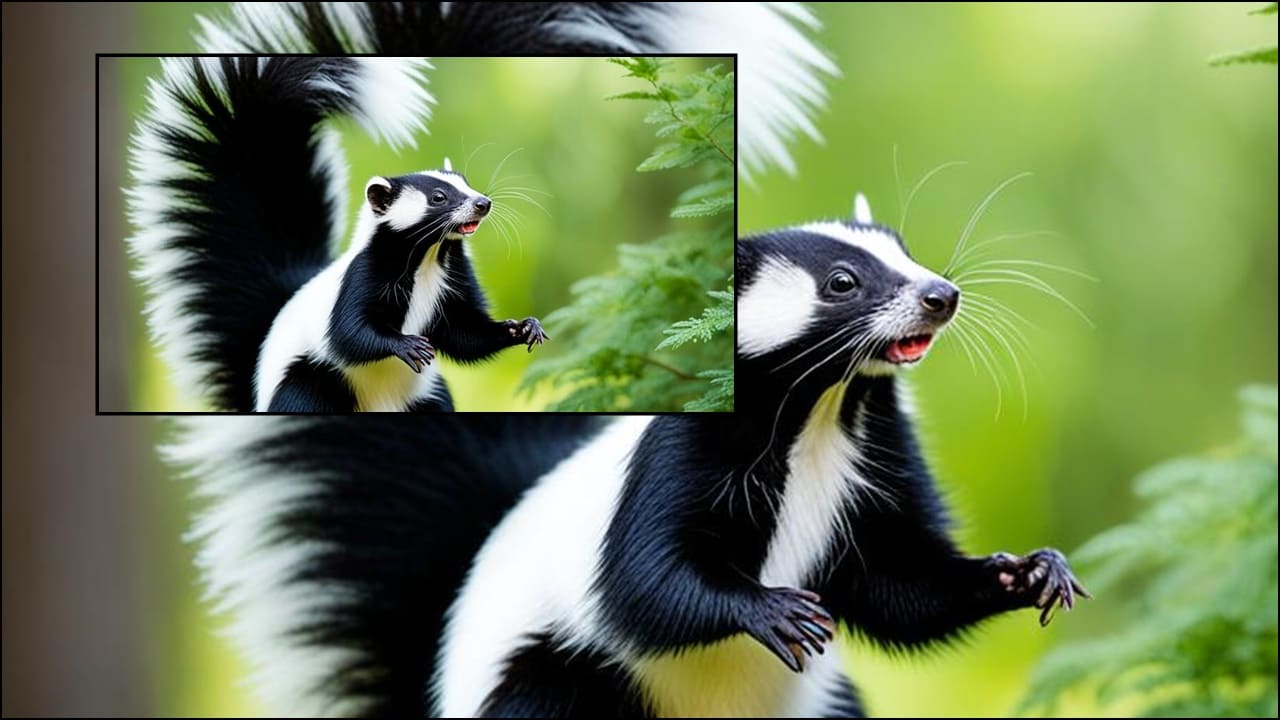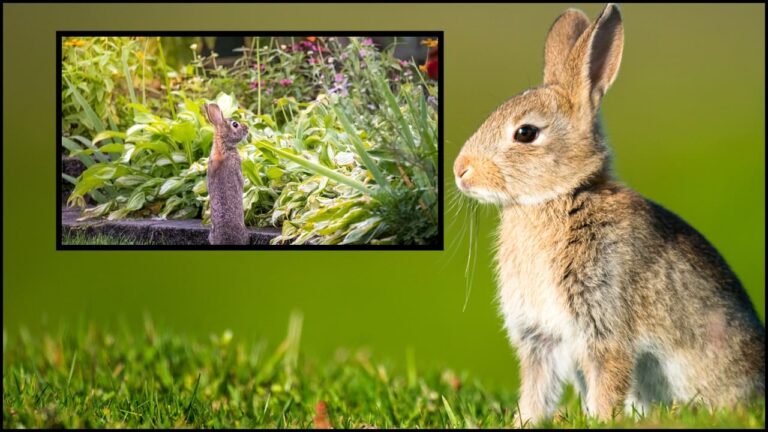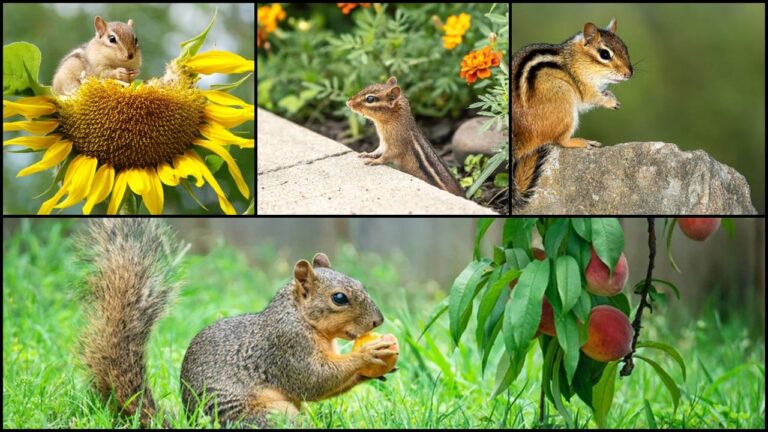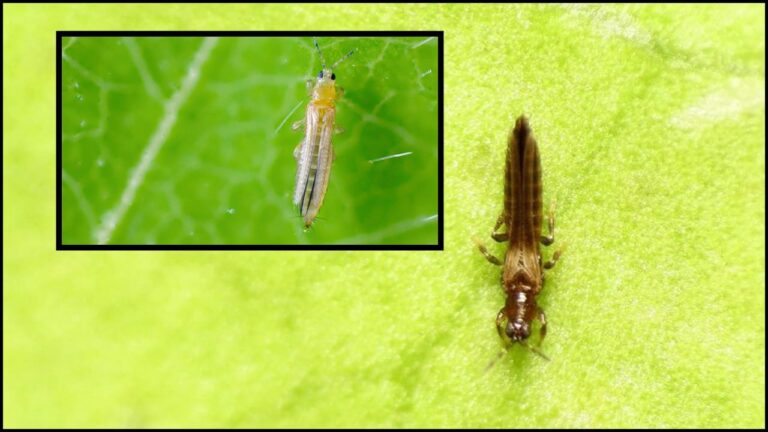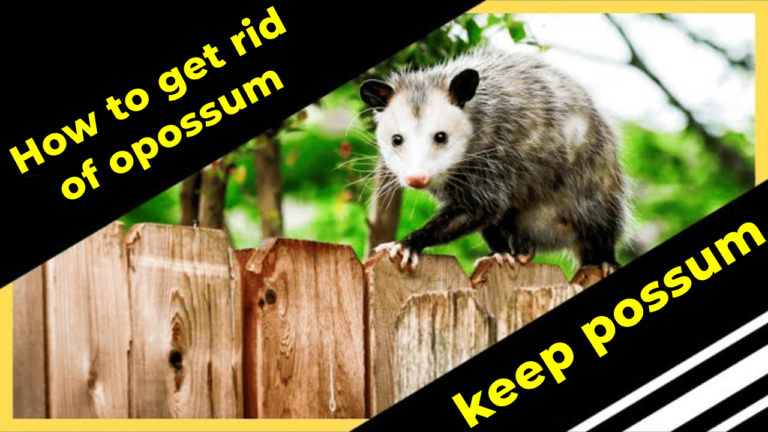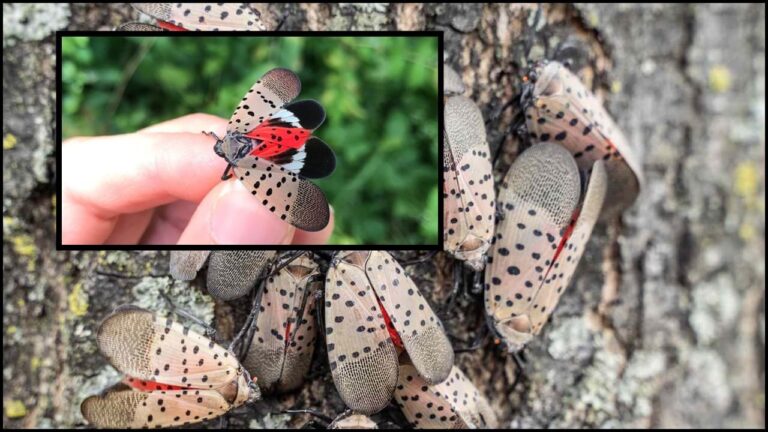Effective Ways to Deter Skunks from Your Yard
Skunks, with their chic black-and-white coats and fluffy tails, are undeniably adorable creatures. However, their presence in your garden or yard can sometimes be less charming, especially if they dig up your lawn or spray their infamous scent when startled. Understanding skunk behavior and employing humane strategies can help you manage these nocturnal visitors while appreciating their role in the ecosystem.
Here’s everything you need to know about skunks, their habits, and how to deter them effectively.
Why Skunks Visit Your Yard
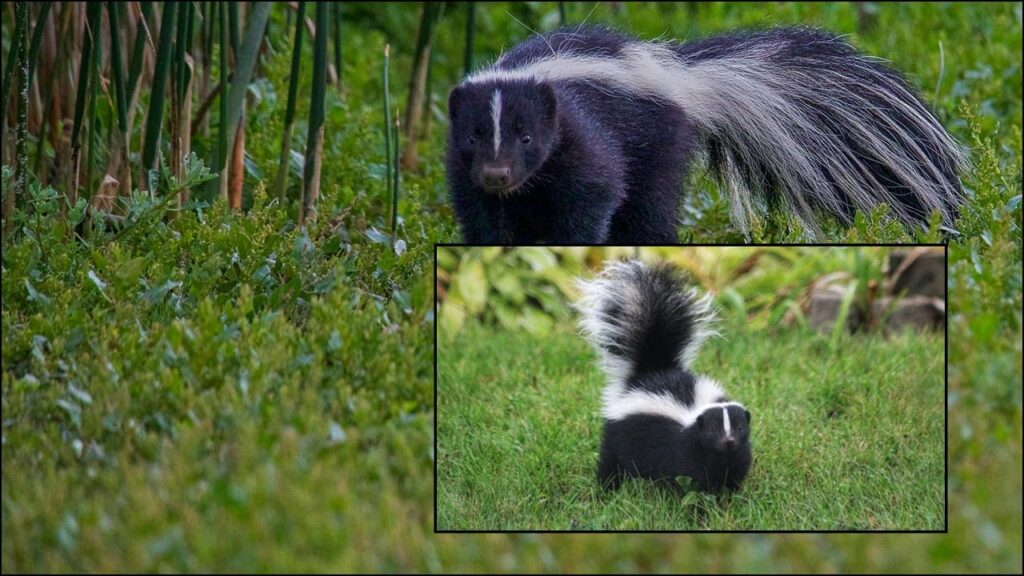
Skunks are primarily attracted to your yard for two reasons: food and shelter. These timid, non-aggressive animals forage for grubs, insects, and other high-fat food sources, especially during the fall as they prepare for the winter months. They may also seek refuge under decks, sheds, or woodpiles, where they can dig shallow burrows for safety.
Signs of Skunk Activity
- Tell-Tale Smell: A faint musky odor, often around burrows or dens.
- Small Holes in Lawns: These conical holes, about 3-4 inches deep, indicate skunks digging for grubs.
- Disturbed Trash or Compost: Skunks rummage for food scraps in unsecured bins.
The Benefits of Skunks in Your Garden
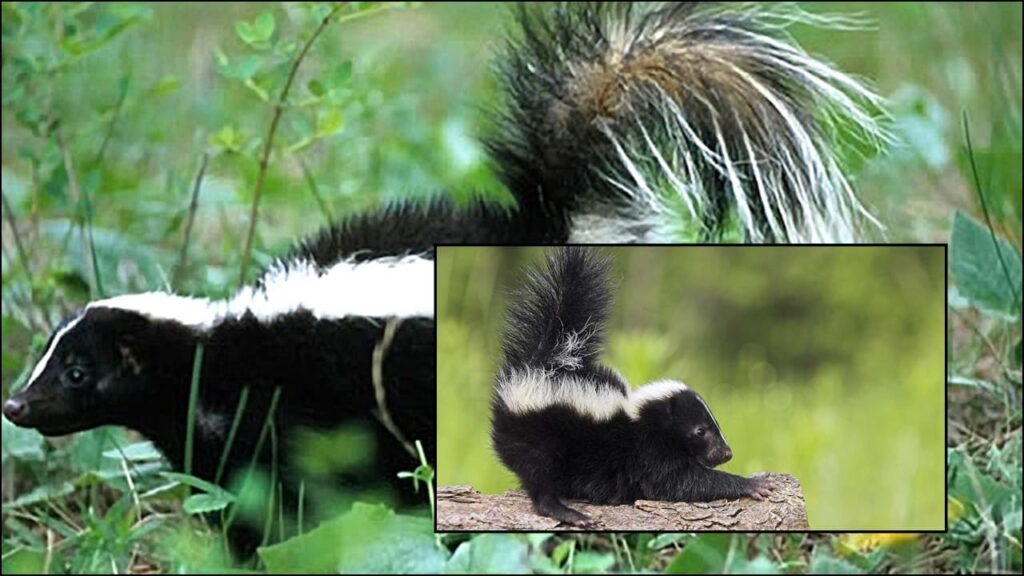
Before deciding to remove skunks, consider their ecological benefits. These creatures are excellent natural pest controllers, feeding on harmful insects like beetle grubs, hornworms, and grasshoppers, as well as small rodents. Their foraging can help maintain a healthier garden ecosystem. If they aren’t causing significant damage, coexisting with skunks might be a practical choice.
How to Humanely Deter Skunks from Your Yard
If skunks become a nuisance, there are several humane methods to encourage them to move on:
- Remove Food Sources
- Secure Trash Bins: Use tightly sealed lids and sturdy compost bins.
- Reduce Insects Naturally: Avoid pesticides; instead, try organic solutions like milky spore or companion planting to reduce beetle grubs and other pests.
- Enclose Animal Feed: Store chicken feed and pet food in pest-proof containers.
- Apply Strong Scents
Skunks have a sensitive sense of smell and can be repelled by:
- Citrus Peels: Scatter fresh orange and lemon peels around your yard.
- Homemade Spray: Mix half a pint each of castor oil and dish soap with a gallon of water. Spray around your yard’s boundaries.
- Capsaicin-Based Repellents: These are safe and effective taste and odor deterrents.
- Install Motion-Activated Lights or Sprinklers
Skunks are nocturnal and prefer darkness. Bright lights and sudden sprinklers can startle them, making your yard less appealing.
- Clean Up the Yard
- Remove woodpiles, rock piles, and overgrown bushes where skunks may take shelter.
- Keep your lawn trimmed and free of debris.
- Skunk-Proof Structures
- Use chicken wire or hardware cloth to seal gaps under decks, sheds, and porches.
- Leave a foot of wire across the ground to prevent skunks from digging underneath.
- Let Your Pets Patrol
Dogs, with their boisterous activity and loud barks, can deter skunks naturally. If you don’t have a dog, consider using predator urine from a garden center as a substitute.
When to Call a Professional
If these methods fail, or if skunks have nested under your home, it may be time to contact a wildlife control professional. They can:
- Install one-way doors to evict skunks humanely.
- Check for baby skunks (kits) to avoid separating them from their mother.
- Ensure compliance with local laws regarding skunk removal.
Managing Skunk Odor
Skunk spray, notorious for its lingering smell, can be neutralized with this effective solution:
- Mix 1 quart of 3% hydrogen peroxide, ¼ cup baking soda, and 1-2 teaspoons of dish soap.
- Apply the mixture to the affected area (clothes, skin, or pet fur), leave it for five minutes, and rinse thoroughly.
- Repeat as needed and dry naturally to avoid setting the odor.
Preventing Skunks Long-Term
To keep skunks from returning:
- Treat garden pests to reduce food availability.
- Use good fencing, especially around vegetable gardens.
- Seal gaps under structures to prevent burrowing.
Do Skunks Leave on Their Own?
Skunks are nomadic and will often leave on their own if they don’t establish a den. Regular yard activity and pets can encourage them to move on naturally.
Conclusion
While skunks can be a nuisance, their benefits to the garden and timid nature make them less threatening than they seem. With humane methods and a little patience, you can coexist with these striped visitors—or encourage them to find a new home—while maintaining a peaceful and skunk-free yard.

